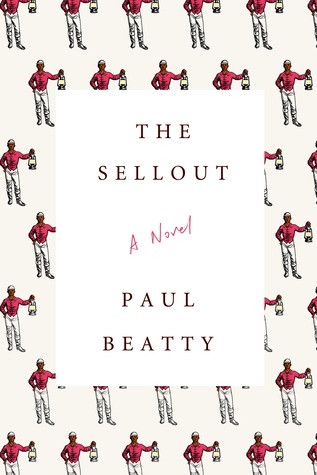“Muskrat Ramble” (Sequel to “A Sparrow Alone”) by Mim Eichmann 311 pages
After I finished “A Sparrow Alone,” I hoped that Hannah’s life get better. While “Sparrow” wasn’t the best book I’ve ever read, I did come to care about the characters and was eager to see what would happen.
Author Eichmann pickups the story in 1913 after the African-American school Hannah founded in Kansas closes. Hannah and her daughter, Alice, move to New Orleans as job opportunities abound there, but mostly, Hannah wants to find Emma. There are only two people in the world who know that Emma is Hannah’s biological mother, while Alice is a rescue. Hannah took and raised Alice after her biological mother died.
Emma is now thirteen years old. She has no idea who Hannah is. Emma is concerned with becoming a jazz singer. Jazz dominated this novel and the greats of the time were minor characters. People like Louis Armstrong, Buddy Bolden, Sissieretta Jones, Honore Duetry and Jelly Roll Morton. The real person who was actually part of the novel was Edward “Kid” Ory.
I’m sorry to say that this novel doesn’t feel like it was written by the same person. The style was completely different. It didn’t take long for me to not care about the characters any more when the storyline became redundant. However, I had invested a lot of time with these people so I continued to read. I was dismayed when I reached one of the last chapters, at which time there was synopsis of what happened to the real folks, which was the most interesting part of the novel.
The other, fictional, main characters lives were
also explained, but the story read like a bunch of facts strung together. And the final chapters read as if the author
was tired of the story and wrapped it up. Therefore, “Muskrat Ramble” receives 2 out of 5 stars in Julie’s
world.





